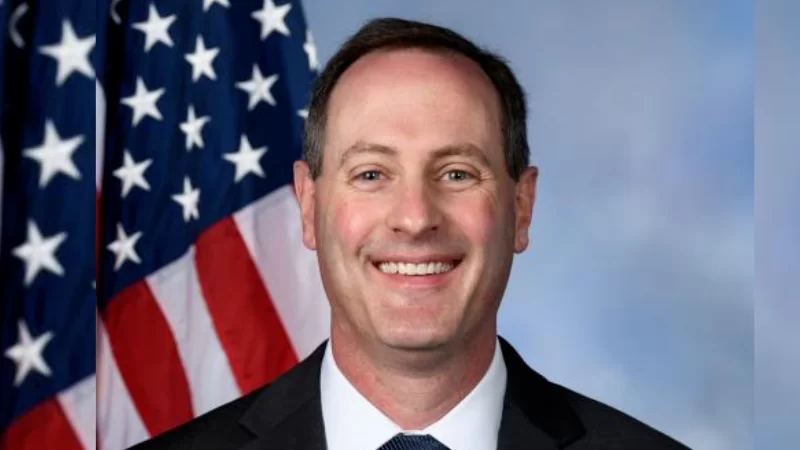Rep. Tracey Mann, U.S. Representative for Kansas 1st District | Congressman Tracey Mann Official Website
Rep. Tracey Mann, U.S. Representative for Kansas 1st District | Congressman Tracey Mann Official Website
U.S. Representative Tracey Mann (KS-01) has voiced his opposition to the Consolidated Appropriations Act of 2024, citing concerns about the excessive spending it entails. In a statement, Rep. Mann emphasized the urgency of addressing the country's growing debt, stating, "America is $34 trillion in debt, and every corner of America is feeling the burden of out-of-control spending."
Rep. Mann criticized the legislation for surpassing the bipartisan spending caps established under the Fiscal Responsibility Act and for bypassing the traditional process of passing individual appropriation bills. He expressed disappointment in the disregard for fiscal responsibility, saying, "Today's minibus legislation ignores those caps and continues the recklessness that got us here in the first place."
The Consolidated Appropriations Act of 2024 was approved by the U.S. House of Representatives with a vote of 339-85. This legislation, the first part of a $1.66 trillion spending bill, is now headed to the U.S. Senate for further deliberation. The second part of the bill is expected to be voted on before March 22 to secure government funding for the remaining agencies.
Rep. Mann reaffirmed his commitment to advocating for reduced and reprioritized federal spending through the regular budgetary process. He stated, "We must reduce and reprioritize federal spending through the normal budgetary process and pass 12 fiscally responsible appropriation bills. I have fought to do that and will keep working to get America back on track."
The ongoing debate surrounding the Consolidated Appropriations Act of 2024 reflects the differing views within Congress on how to address the country's fiscal challenges. The bill's journey through the legislative process will continue to be closely monitored as lawmakers strive to reach a consensus on government spending.



 Alerts Sign-up
Alerts Sign-up